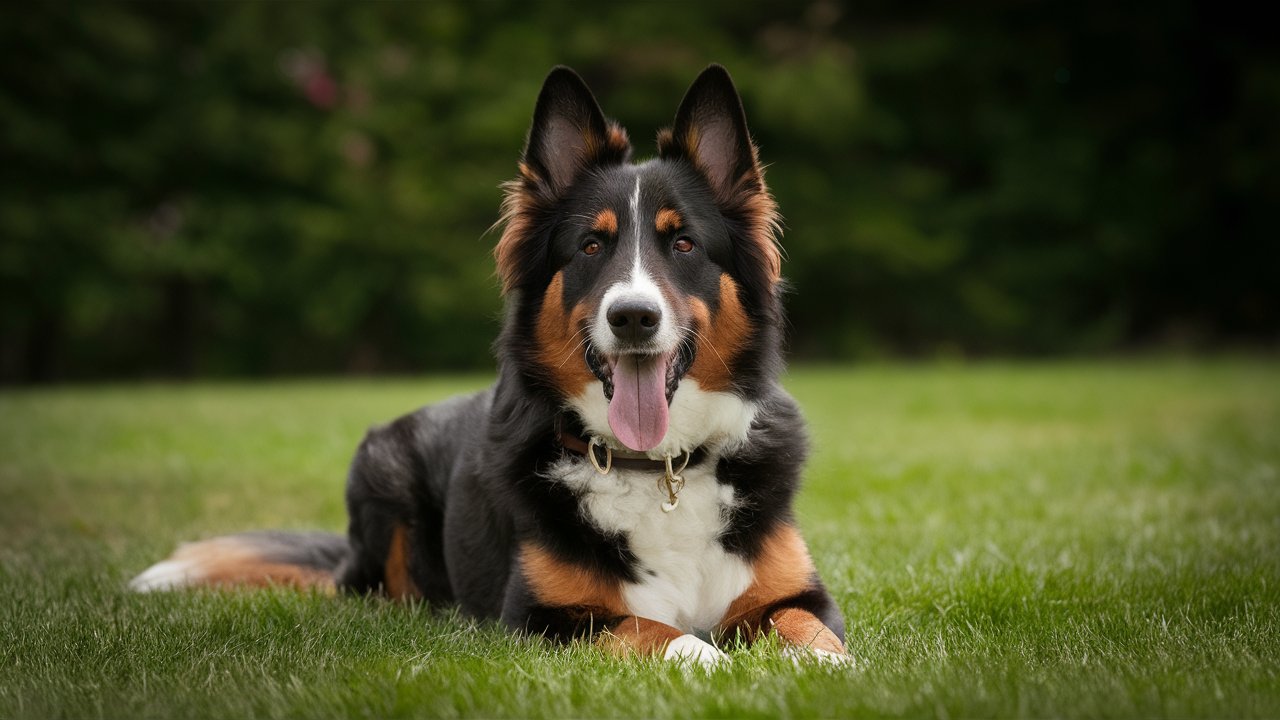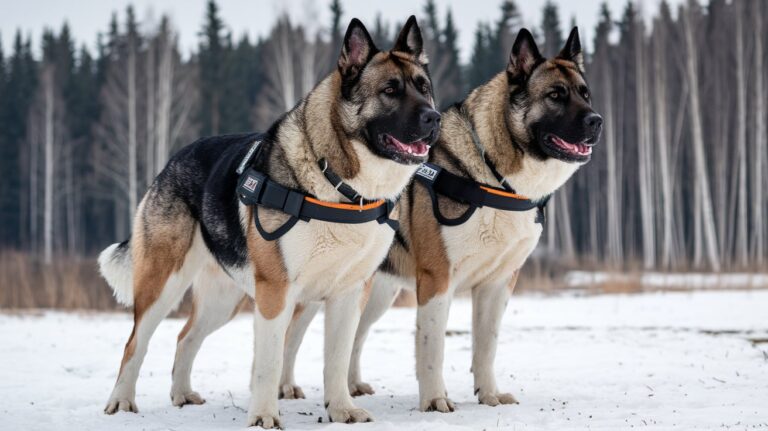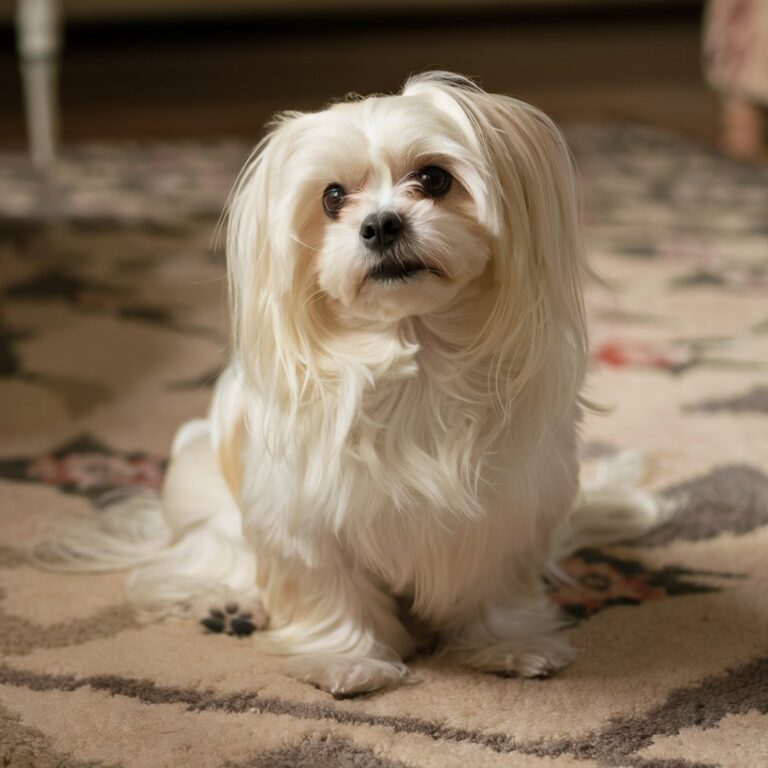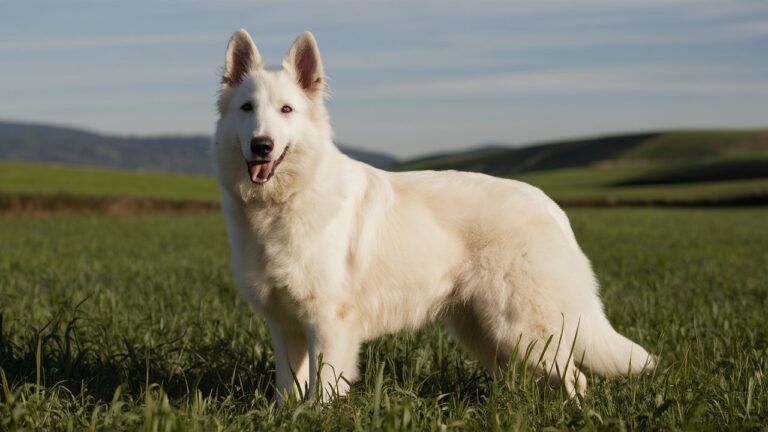Bernese Shepherd 100% Powerful Training Tips: Puppy to Adult
Training a Bernese Shepherd, a cross between the Bernese Mountain Dog and the German Shepherd, requires understanding, patience, and consistency. These dogs combine the intelligence and loyalty of German Shepherds with the gentle and affectionate nature of Bernese Mountain Dogs. Here are some top training tips to guide you through raising your Bernese Shepherd from a playful puppy to a well-behaved adult.
1. Start Early with Socialization

Importance of Socialization
Socializing your Bernese Shepherd from a young age is crucial. This breed is known for its friendly disposition, but proper socialization ensures they are well-adjusted and comfortable in various environments. Introducing your puppy to different people, pets, and settings helps prevent fear and aggression.
Practical Tips
Enroll your puppy in a puppy kindergarten class. These classes provide structured socialization opportunities and lay the foundation for obedience training. Regular visits to dog parks, family gatherings, and walks in busy areas can also expose your puppy to diverse experiences.
Personal Anecdote
When I first brought home my Bernese Shepherd, Max, I was worried about how he would react to other dogs. Enrolling him in a puppy class was the best decision. Not only did he learn basic commands, but he also made a few canine friends. Seeing him play confidently with other dogs reassured me that early socialization was key.
2. Consistency is Key
Establishing Routine
Bernese Shepherds thrive on consistency. Establish a daily routine for feeding, potty breaks, and training sessions. Consistent schedules help your dog understand what is expected and reduce anxiety.
Command Consistency
Use the same commands and cues for desired behaviors. For example, if you use “sit” for sitting, avoid using variations like “sit down” or “sit now.” Consistency in commands ensures your dog understands and responds correctly.
Personal Anecdote
Max responded well to a consistent schedule. Every morning, we followed the same routine: a walk, breakfast, and a short training session. This routine helped him understand expectations and made training more effective. The consistency also built a stronger bond between us, as he knew he could rely on me for structure.
3. Positive Reinforcement
Reward-Based Training
Bernese Shepherds respond exceptionally well to positive reinforcement. Rewarding good behavior with treats, praise, or playtime encourages them to repeat those behaviors. Avoid using punishment, as it can lead to fear and mistrust.
Timing of Rewards
Timing is crucial when using positive reinforcement. Reward your dog immediately after the desired behavior to help them associate the action with the reward.
Personal Anecdote
During one of our training sessions, Max struggled with the “stay” command. I decided to use his favorite treat as a reward. Each time he stayed in position, I immediately gave him a treat and lots of praise. Within a week, he mastered the command. The joy on his face when he received his reward was priceless.
4. Crate Training

Benefits of Crate Training
Crate training provides your Bernese Shepherd with a safe space and helps with housebreaking. A crate can be a comforting den where your dog feels secure.
Introducing the Crate
Make the crate inviting with soft bedding and toys. Encourage your puppy to enter the crate by tossing treats inside. Gradually increase the time they spend in the crate, ensuring it remains a positive experience.
Personal Anecdote
Initially, Max was hesitant about his crate. I placed his favorite blanket and a few toys inside to make it cozy. I also fed him his meals in the crate, which helped him associate it with positive experiences. Over time, the crate became his go-to spot for naps and relaxation.
5. Basic Obedience Training
Essential Commands
Teaching basic commands such as “sit,” “stay,” “come,” and “leave it” is fundamental. These commands ensure your dog’s safety and enhance communication between you and your dog.
Training Sessions
Keep training sessions short and engaging, especially for puppies with shorter attention spans. Aim for 10-15 minute sessions multiple times a day.
Personal Anecdote
One of the most memorable moments with Max was teaching him the “come” command. We turned it into a fun game of hide and seek. I would call his name and reward him with treats when he found me. This game not only reinforced the command but also strengthened our bond.
6. Advanced Training and Mental Stimulation
Advanced Commands
Once your Bernese Shepherd masters basic obedience, introduce advanced commands and tricks. Commands like “heel,” “fetch,” and “roll over” challenge their intellect and keep training exciting.
Mental Stimulation
Bernese Shepherds are intelligent dogs that require mental stimulation. Puzzle toys, interactive games, and agility training can keep their minds sharp and prevent boredom.
Personal Anecdote
Max loved agility training. Setting up a small course in the backyard with hurdles, tunnels, and weave poles provided both physical and mental exercise. Watching him navigate the course with enthusiasm and precision was incredibly rewarding.
7. Addressing Behavioral Issues
Common Issues
Address common behavioral issues such as chewing, digging, and excessive barking promptly. Understanding the root cause of these behaviors is essential for effective resolution.
Solutions
Provide appropriate chew toys, ensure your dog gets enough exercise, and use positive reinforcement to correct unwanted behaviors. If issues persist, consider consulting a professional trainer or behaviorist.
Personal Anecdote
Max went through a phase of excessive chewing. After discovering the problem stemmed from boredom, I introduced puzzle toys and increased his daily exercise. The chewing gradually subsided as he became more engaged and tired from his activities.
8. Patience and Persistence
Importance of Patience
Training a Bernese Shepherd requires patience. Progress may be slow, and setbacks can occur. Staying calm and patient is crucial for successful training.
Celebrating Success
Celebrate small victories and milestones in your dog’s training journey. Positive reinforcement and encouragement build your dog’s confidence and motivation.
Personal Anecdote
There were times when I felt frustrated with Max’s progress, especially during his teenage months when he tested boundaries. However, I reminded myself to stay patient and consistent. Celebrating his small achievements kept both of us motivated and strengthened our training bond.

Conclusion
Training your Bernese Shepherd from puppyhood to adulthood is a rewarding journey filled with challenges and triumphs. By starting with early socialization, maintaining consistency, using positive reinforcement, and addressing behavioral issues with patience, you can raise a well-behaved and happy dog. Remember, every dog is unique, and understanding your Bernese Shepherd’s individual needs and personality will make the training process enjoyable for both of you. With dedication and love, your Bernese Shepherd will grow into a loyal and well-trained companion.





